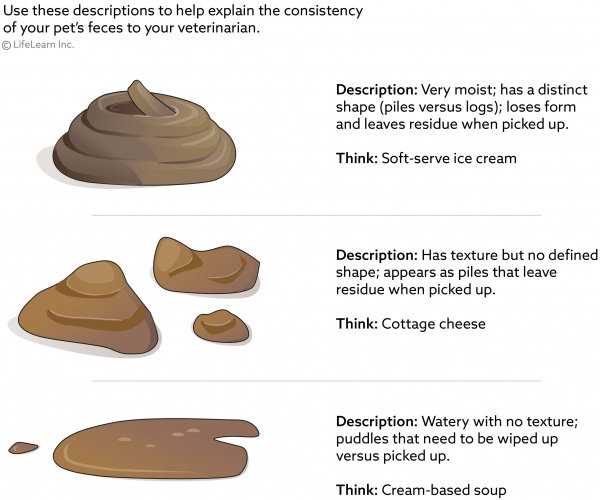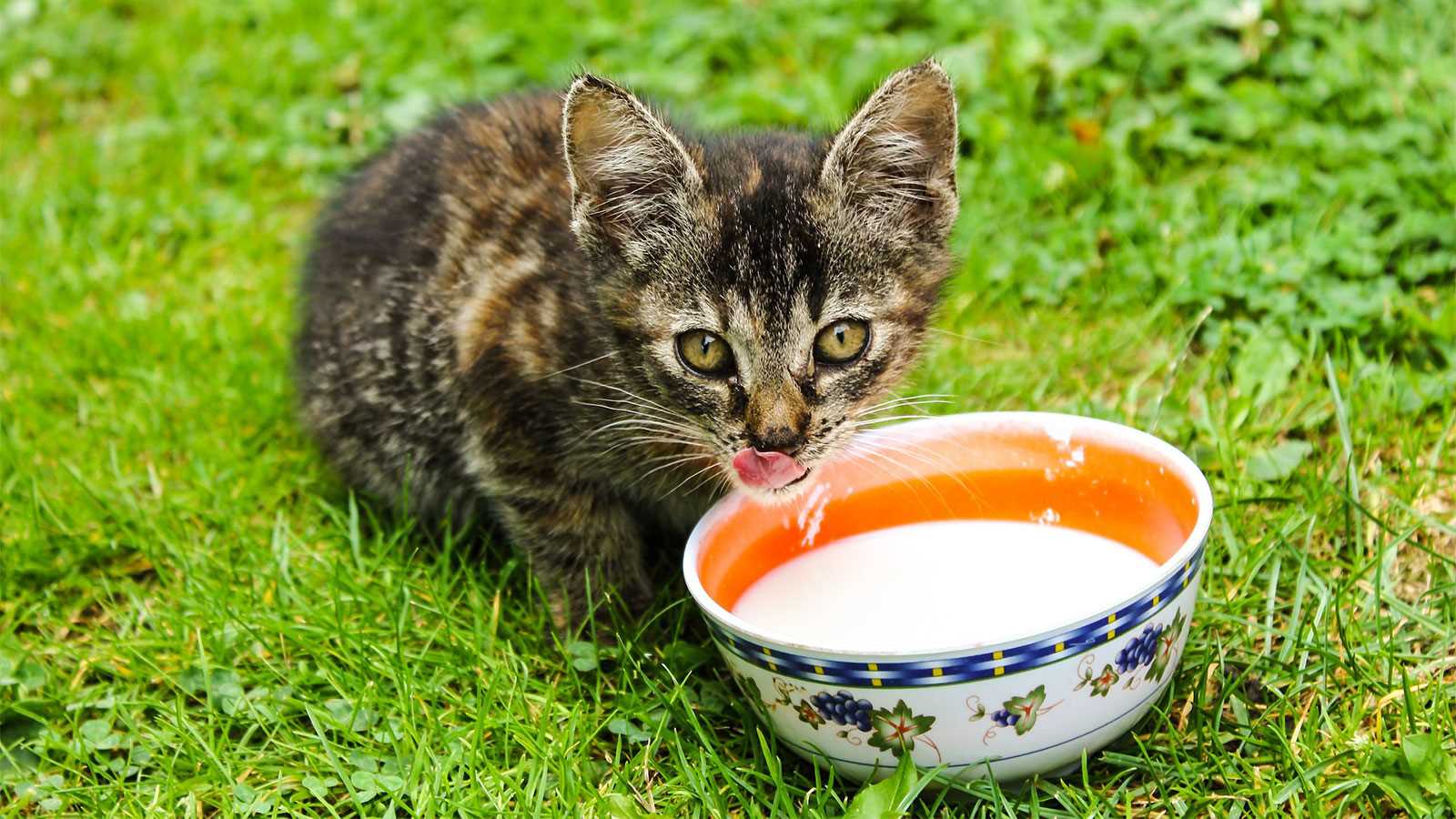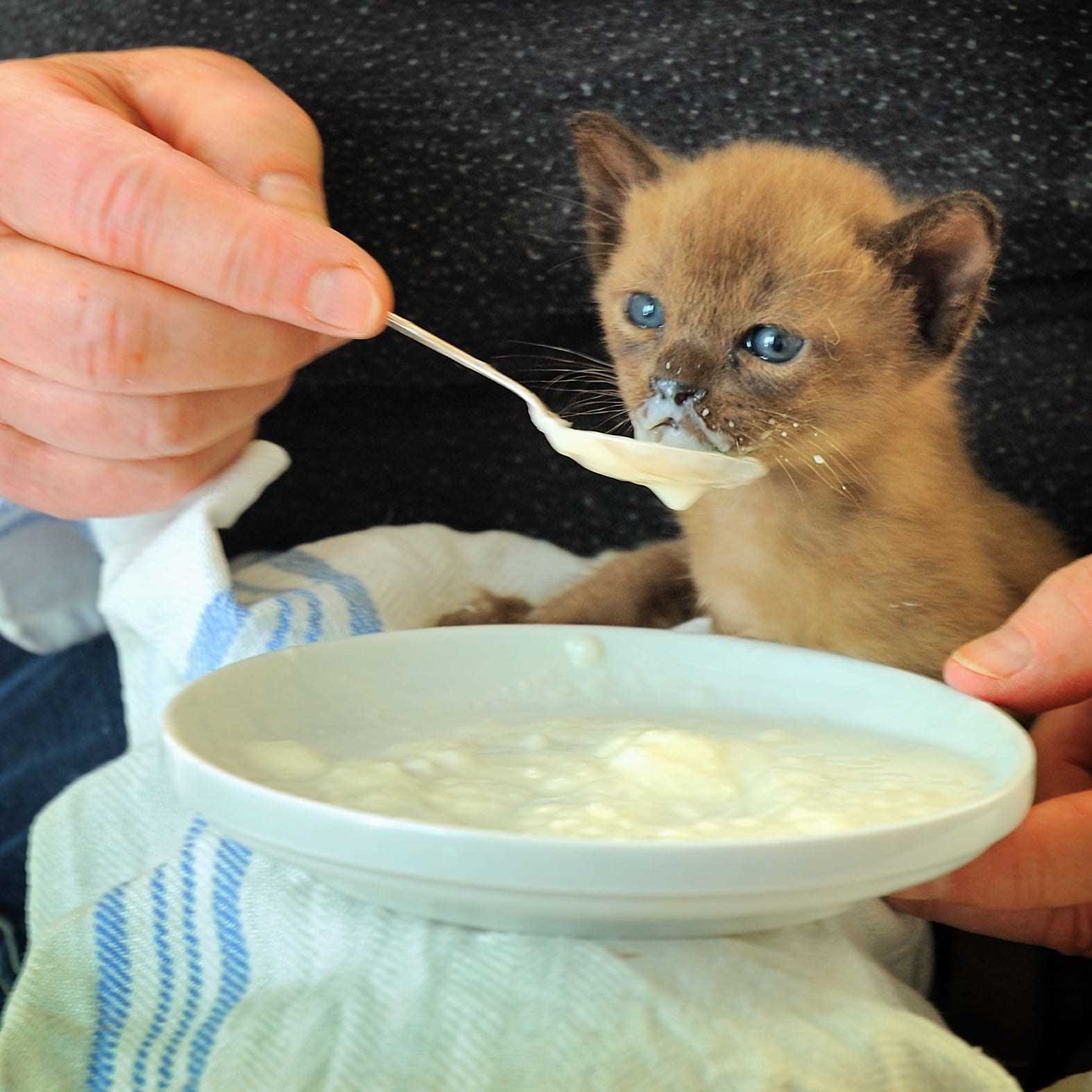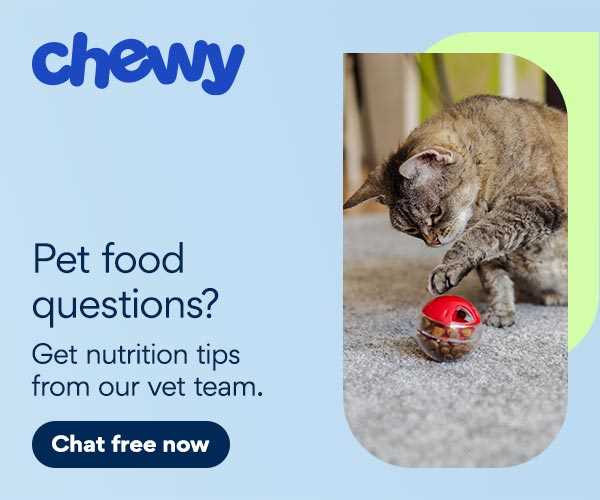



Start with a bland diet. Boiled chicken, without skin or seasoning, is a great option to help settle an upset stomach. This gentle food provides protein while being easy on the digestive system.
Introduce plain canned pumpkin, which is high in fiber and can assist in firming up stools. Just a teaspoon mixed into meals can make a difference. Make sure it’s pure pumpkin, not pie filling.
Hydration is key. Ensure fresh water is always available, as diarrhea can lead to dehydration. Consider offering low-sodium chicken broth for added flavor to encourage drinking.
Probiotics may also be beneficial. These supplements help restore healthy gut flora and can ease digestive issues. Look for ones specifically formulated for felines.
Lastly, keep an eye on symptoms. If issues persist for more than a day or two, or if blood appears, it’s best to consult a veterinarian for professional advice and treatment.
What Can Be Offered to Cats Experiencing Diarrhea
Rice mixed with boiled chicken is a gentle option for settling an upset stomach. Ensure the chicken is unseasoned and skinless. This combination helps firm up stools and provides easy-to-digest protein.
Plain pumpkin, not the spiced pie filling, serves as a natural fiber source. A small spoonful can aid digestion and help regulate bowel movements.
Probiotics designed for felines can be beneficial. They help restore gut flora balance, which is crucial during digestive disturbances. Look for high-quality brands specifically formulated for cats.
Hydration is paramount. Encourage water intake or offer an electrolyte solution tailored for pets. This helps prevent dehydration, especially if vomiting accompanies diarrhea.
In some cases, a bland diet of boiled potatoes without skin can be offered. This starchy food can soothe the digestive tract and provide needed carbohydrates.
Monitor for any flea issues, as parasites can contribute to gastrointestinal problems. If necessary, consider a flea treatment for cats and dogs to eliminate any potential infestations.
If symptoms persist beyond a couple of days, consulting with a veterinarian is essential for further evaluation and treatment options.
Identifying Safe Foods for Cats with Diarrhea

Plain boiled chicken or turkey, without skin or seasoning, works well. Soft, easily digestible options are key. Ground turkey is another excellent choice, as it offers protein without added ingredients that could irritate the stomach.
White rice can be combined with protein sources to create a balanced meal. It helps firm up stools by adding bulk to the digestive system. Additionally, plain pumpkin puree, not the spiced pie filling, contains fiber that assists in stool formation.
Hydration Matters

Maintaining hydration is crucial. Fresh water should always be available. Consider offering low-sodium chicken broth, which can encourage fluid intake while providing flavor.
Foods to Avoid
Stay away from dairy, fatty meats, and any highly processed foods, as they can worsen symptoms. Artificial additives and preservatives are also harmful. Always check labels for any unknown ingredients.
| Safe Foods | Notes |
|---|---|
| Boiled Chicken | No skin or seasoning |
| Ground Turkey | Lean and unseasoned |
| White Rice | Helps firm stools |
| Pumpkin Puree | Fiber source, plain only |
| Low-Sodium Chicken Broth | Encourages hydration |
Hydration Solutions for Dehydrated Felines

Offer fresh, clean water at all times. Encourage drinking by using a pet water fountain; the flowing water often attracts us more than a stagnant bowl.
Electrolyte Solutions
Consider providing an electrolyte solution specifically formulated for pets. These solutions can help restore lost minerals and fluids, especially during episodes of upset stomachs. Ensure it’s safe by checking with a veterinarian before use.
Broth and Wet Food
Serve low-sodium chicken or beef broth as an enticing alternative to plain water. Mixing wet food into the diet also increases fluid intake, as moisture content in these meals is advantageous for hydration.
Over-the-Counter Remedies for Feline Diarrhea

Probiotic supplements specifically designed for felines can restore gut flora balance. Look for products containing strains like Lactobacillus or Bifidobacterium to support digestive health. Administering these daily, according to package instructions, may help ease symptoms.
Another option involves using fiber supplements, such as psyllium husk or canned pumpkin. These can add bulk to the stool and improve consistency. A teaspoon of plain canned pumpkin mixed into meals can be beneficial and palatable.
For acute cases, consider anti-diarrheal medications like loperamide. However, always consult a veterinarian before administration to ensure safety, as some felines may have specific health conditions that contraindicate usage.
Electrolyte solutions formulated for pets are vital in preventing dehydration. These solutions can be mixed with water to encourage hydration while also replenishing lost minerals.
Lastly, an easy fix might include a temporary switch to a bland diet consisting of boiled chicken and rice. This can help settle the stomach while providing necessary nutrients during recovery. Keep meals small and frequent for optimal results.
When to Consult a Veterinarian for Diarrhea
If the loose stools persist for more than 24 hours, it’s time to reach out to a vet. Prolonged gastrointestinal upset can lead to dehydration and other complications.
Pay attention to any additional symptoms like vomiting, lethargy, or blood in the stool. These signs indicate a more serious condition requiring immediate veterinary attention.
Age plays a role too; kittens and senior felines are more vulnerable. If a young or elderly companion shows signs of distress, seek professional help without delay.
Monitor food and water intake. If your furry friend refuses to eat or drink for over 12 hours, a vet’s advice is essential to prevent dehydration.
Recent changes in diet, exposure to toxins, or travel history can also signal the need for a vet visit. Any unusual behavior or environmental changes should not be overlooked.
Lastly, if there’s no improvement after trying home remedies or dietary adjustments, consulting a veterinarian is wise to ensure proper care and treatment options are utilized.
Preventive Measures to Avoid Future Diarrhea Episodes
Maintaining a balanced diet is key. High-quality food with proper nutrients helps prevent digestive upset. Opt for brands that avoid artificial additives and fillers.
- Introduce new foods gradually. This allows the tummy to adjust without reacting negatively.
- Portion control is important. Overfeeding can lead to gastrointestinal issues.
- Regular feeding schedules help maintain digestive health.
Hydration is critical. Fresh, clean water should always be accessible. Consider using a water fountain, as many felines prefer running water.
Regular vet check-ups ensure any underlying health issues are addressed early. Vaccinations and parasite control are also vital for digestive well-being.
- Monitor changes in behavior or appetite, as these can indicate health problems.
- Reduce stress in the environment. Changes in routine or surroundings can upset sensitive stomachs.
- Keep the litter box clean. A dirty environment can lead to behavioral issues that affect digestion.
Adding probiotics to meals can promote healthy gut flora. Consult with a vet for the best options.
Healthy treats can be beneficial. Look for options specifically formulated for digestive support. Avoid sudden changes in treats.
Lastly, maintaining a clean living space reduces exposure to bacteria. Regular cleaning is essential for a happy and healthy home.
For a fun break, check out this link to learn how to cook pizza in cast iron skillet!









